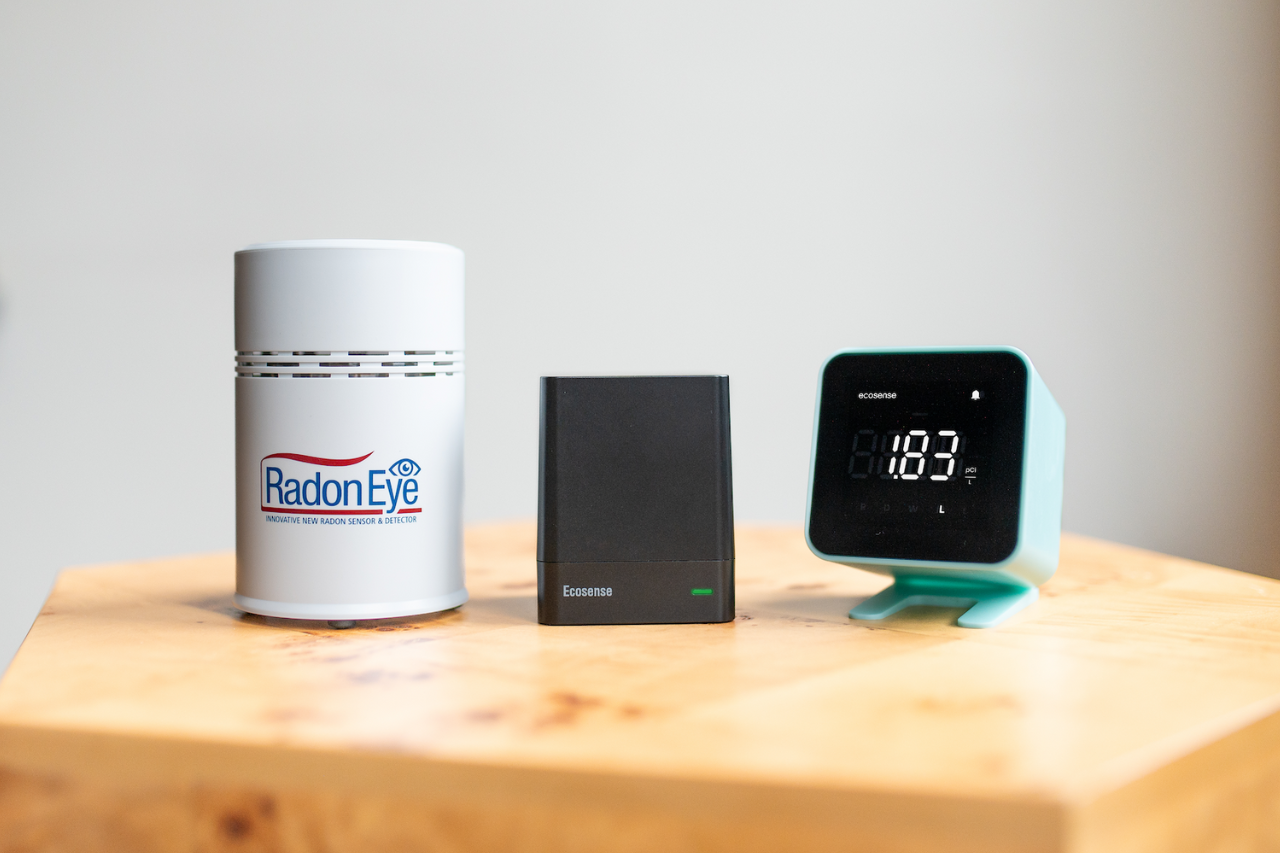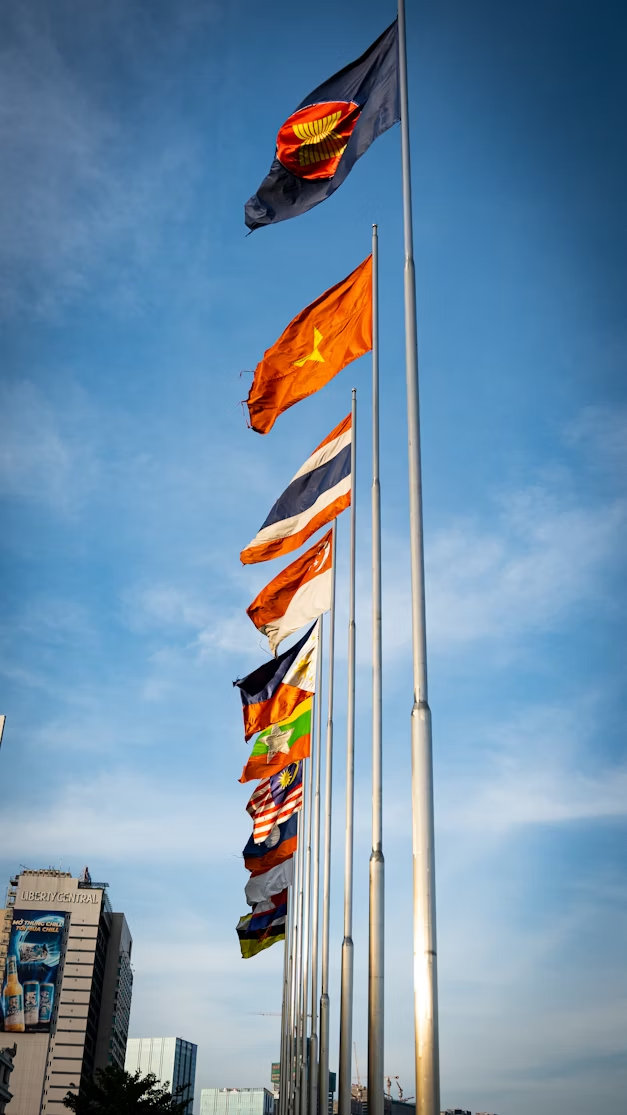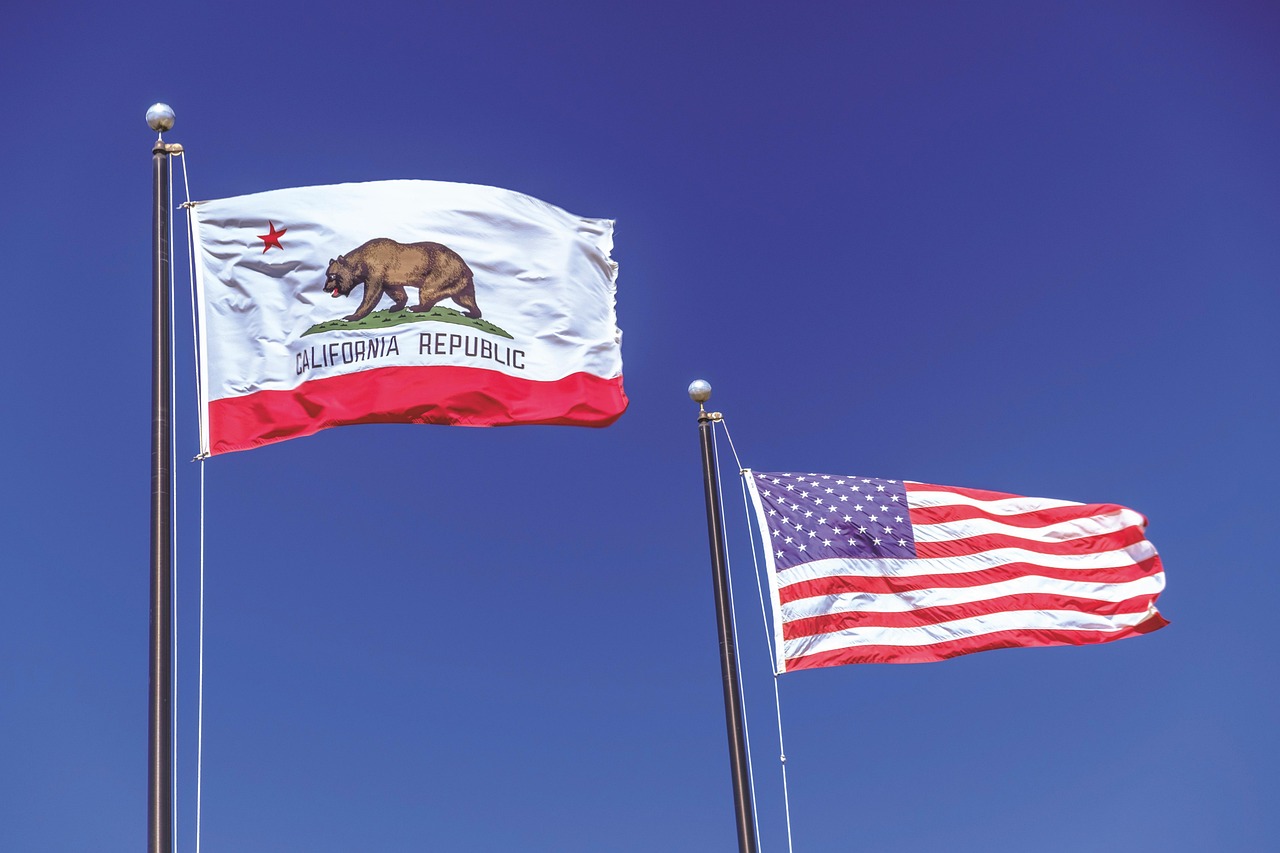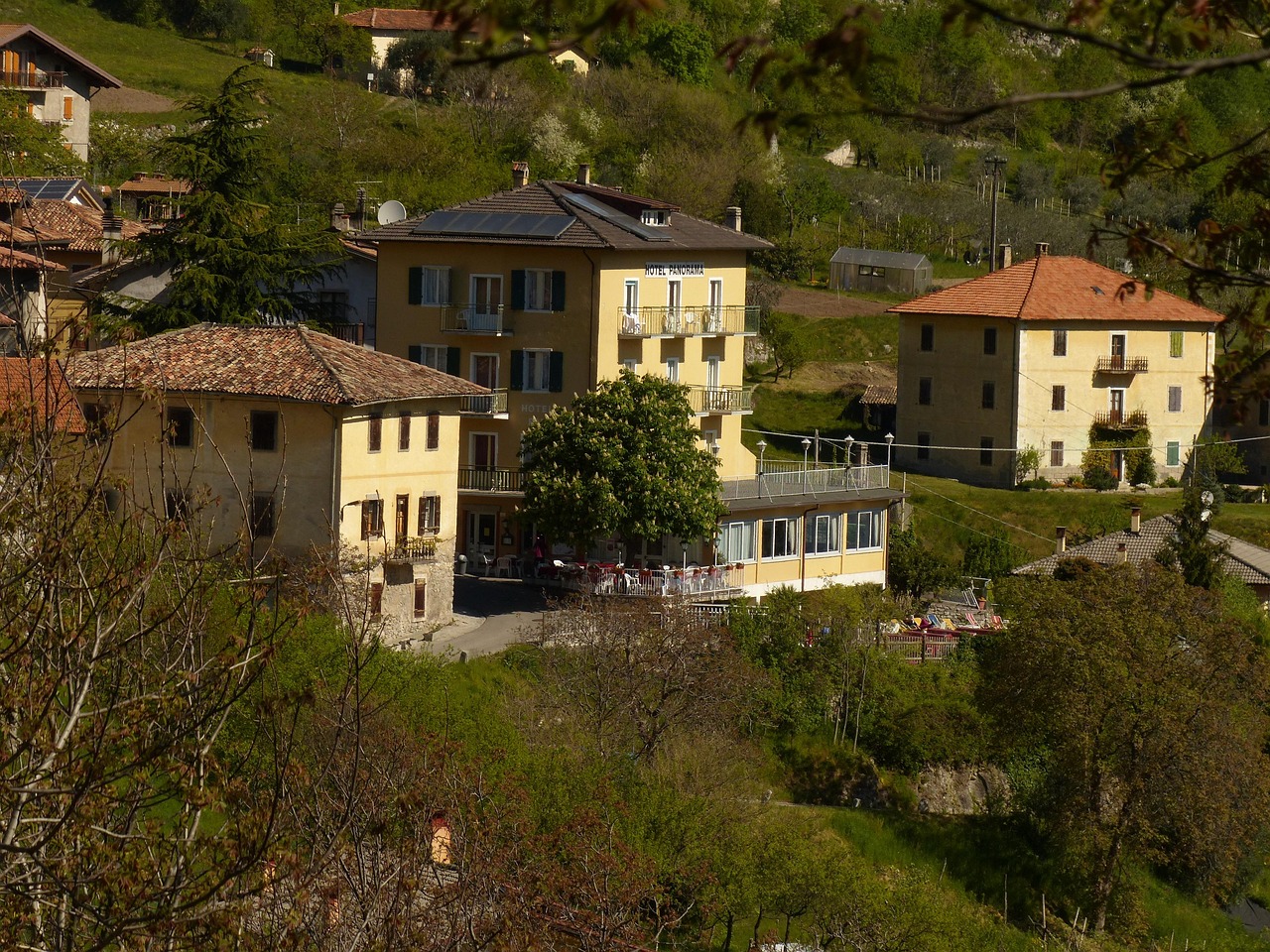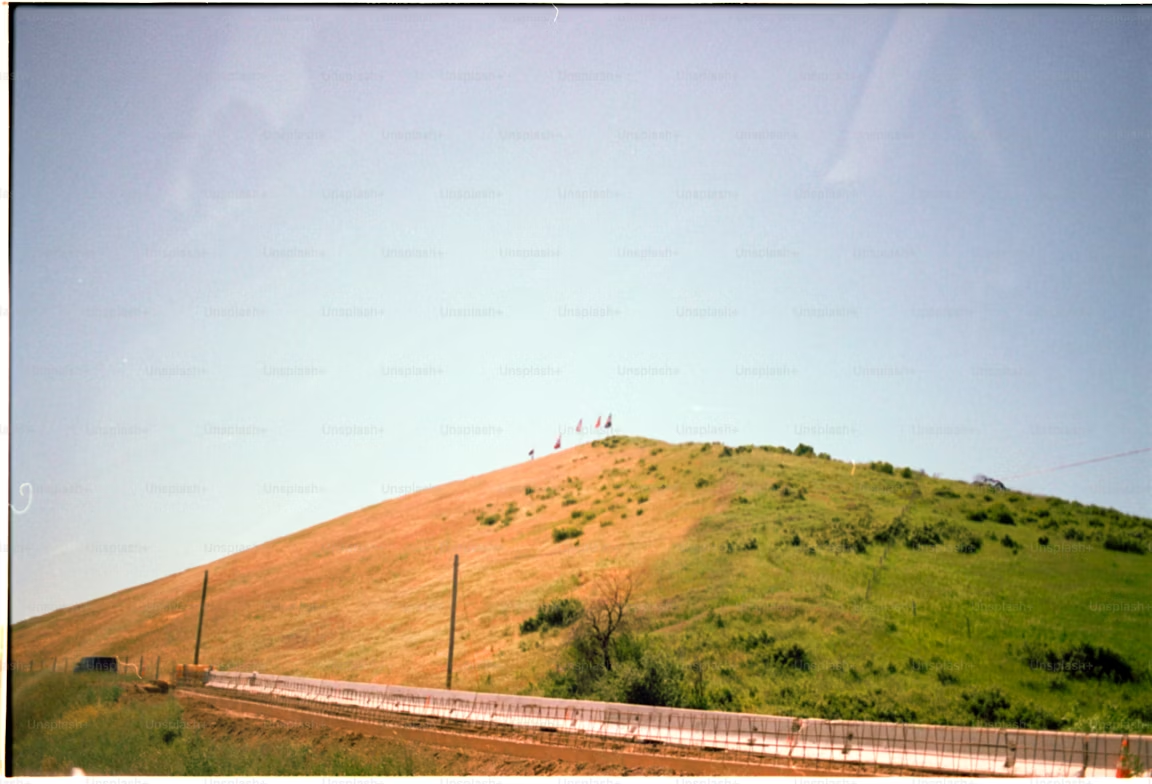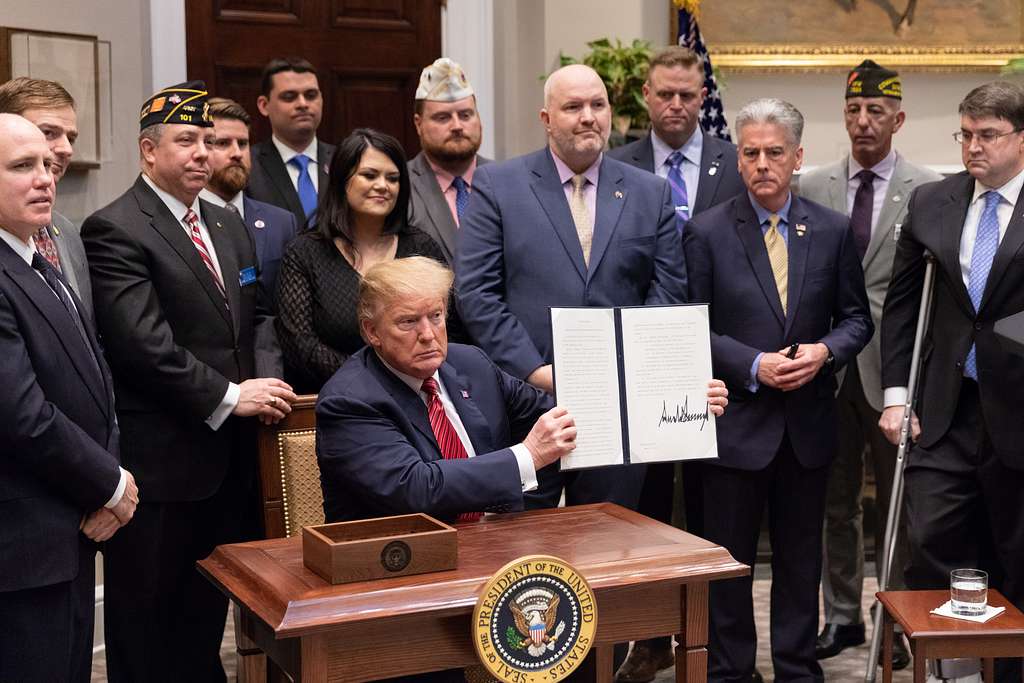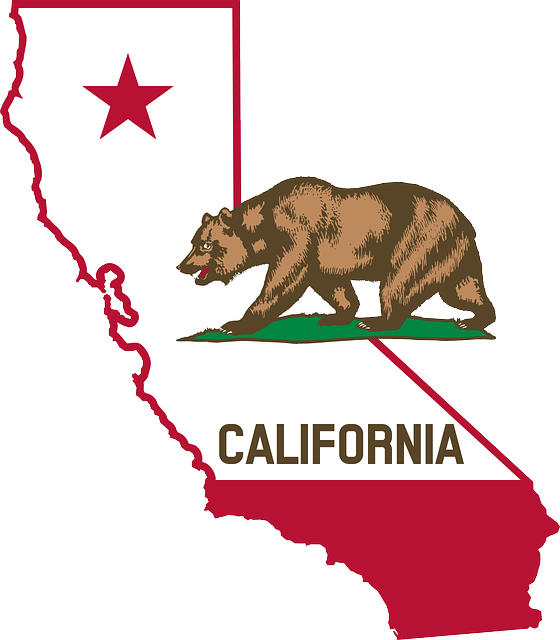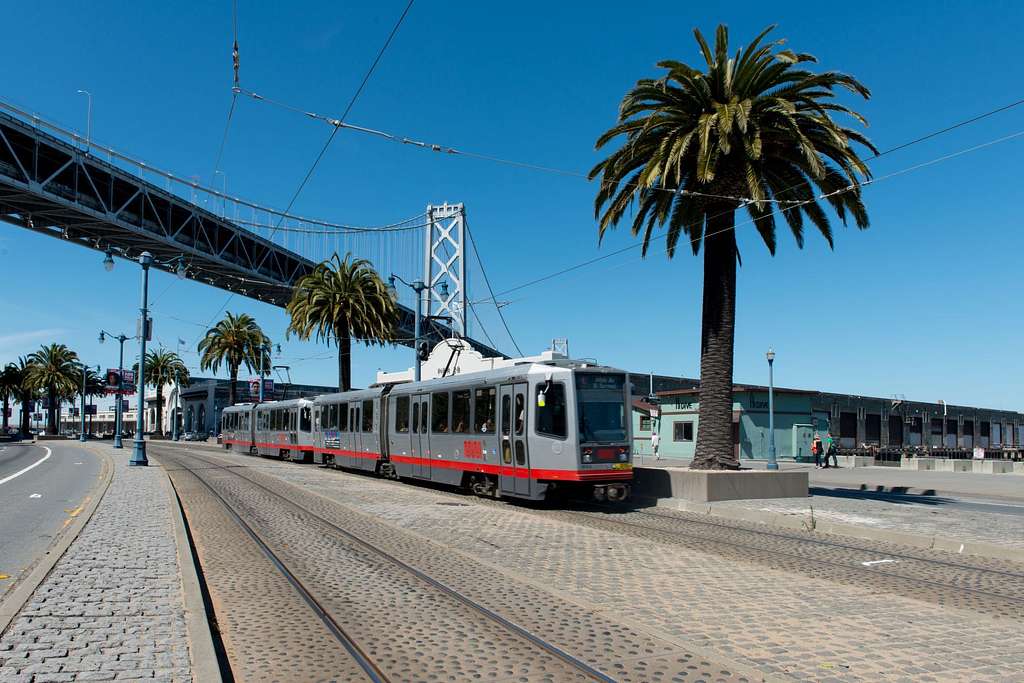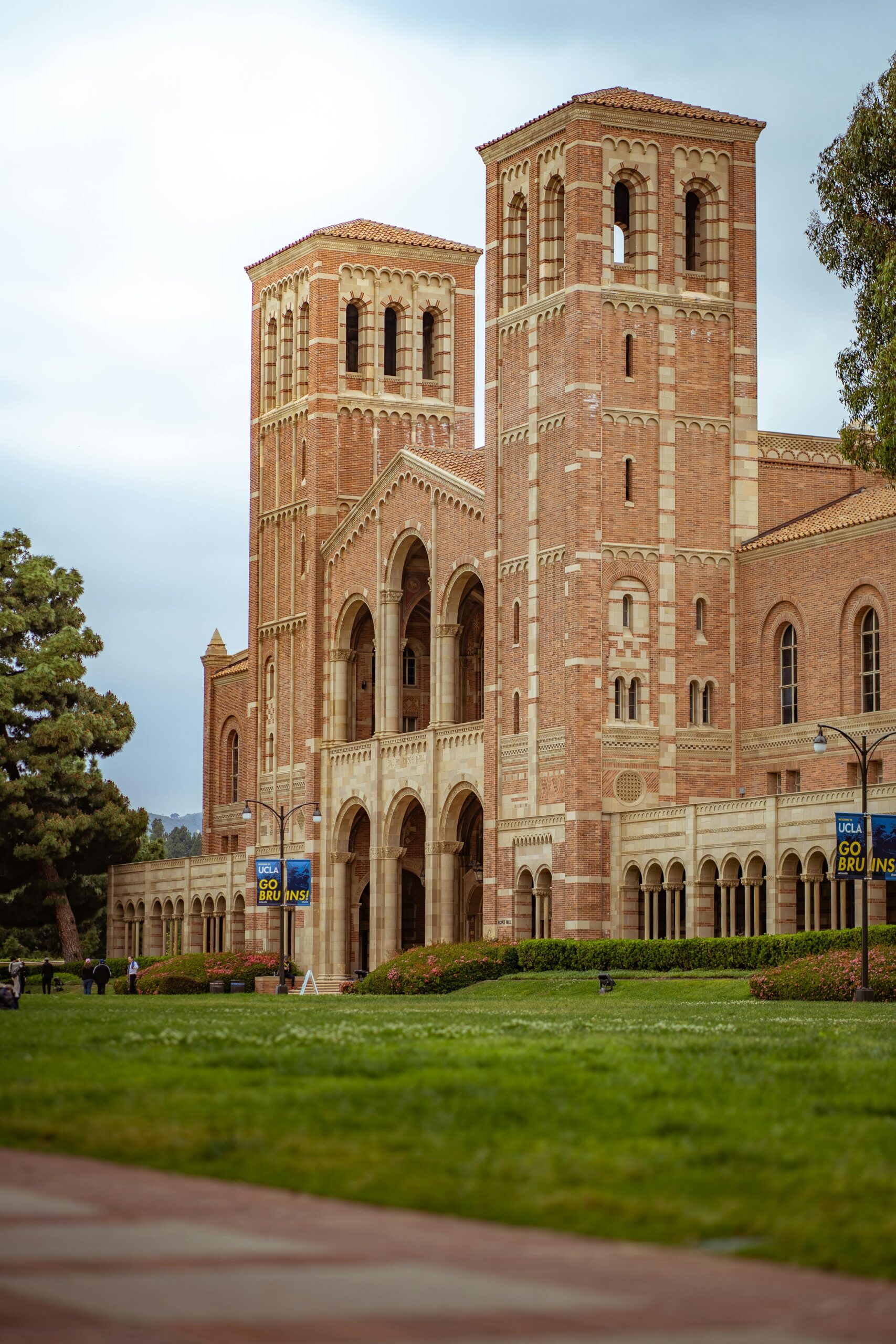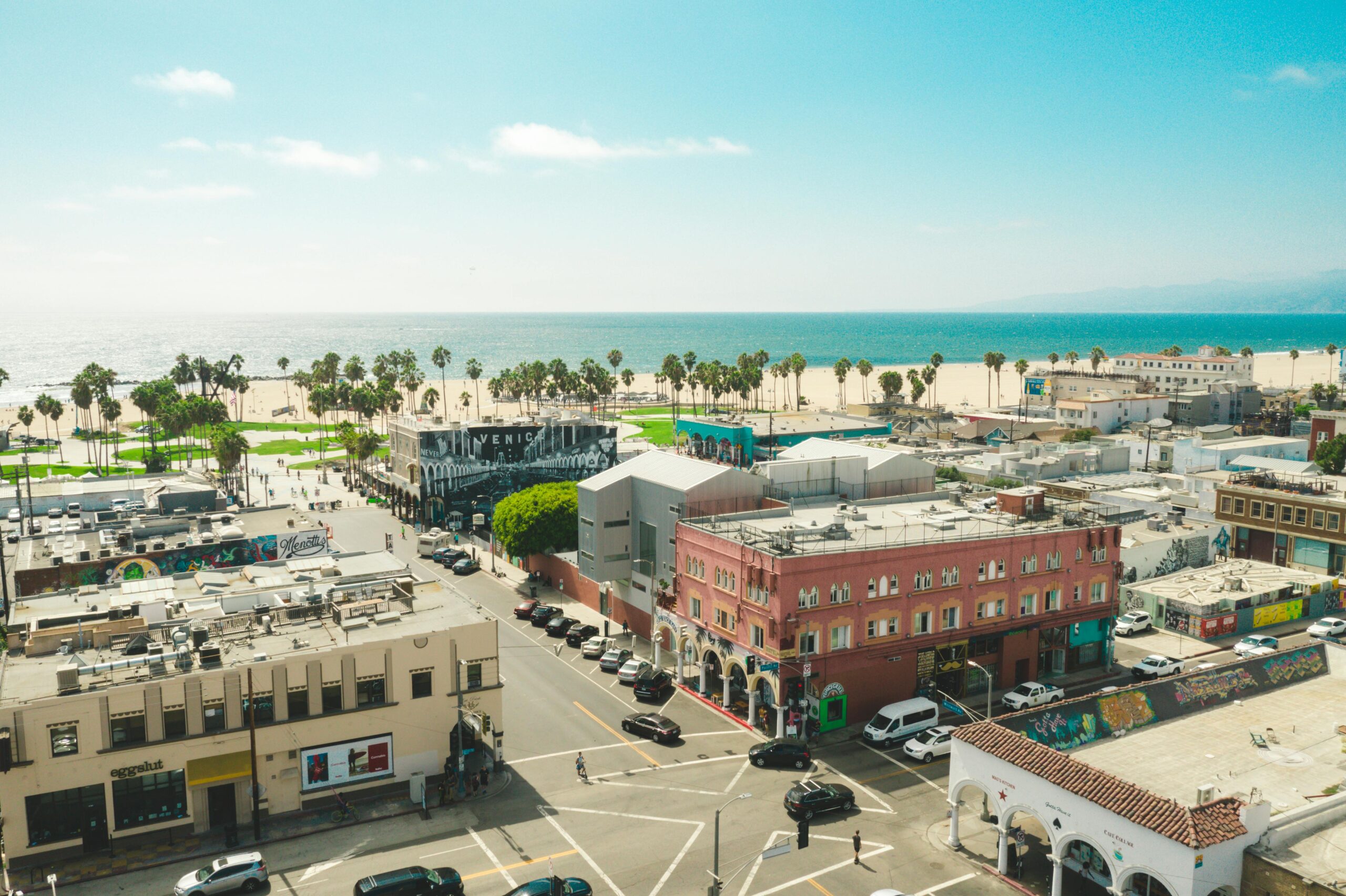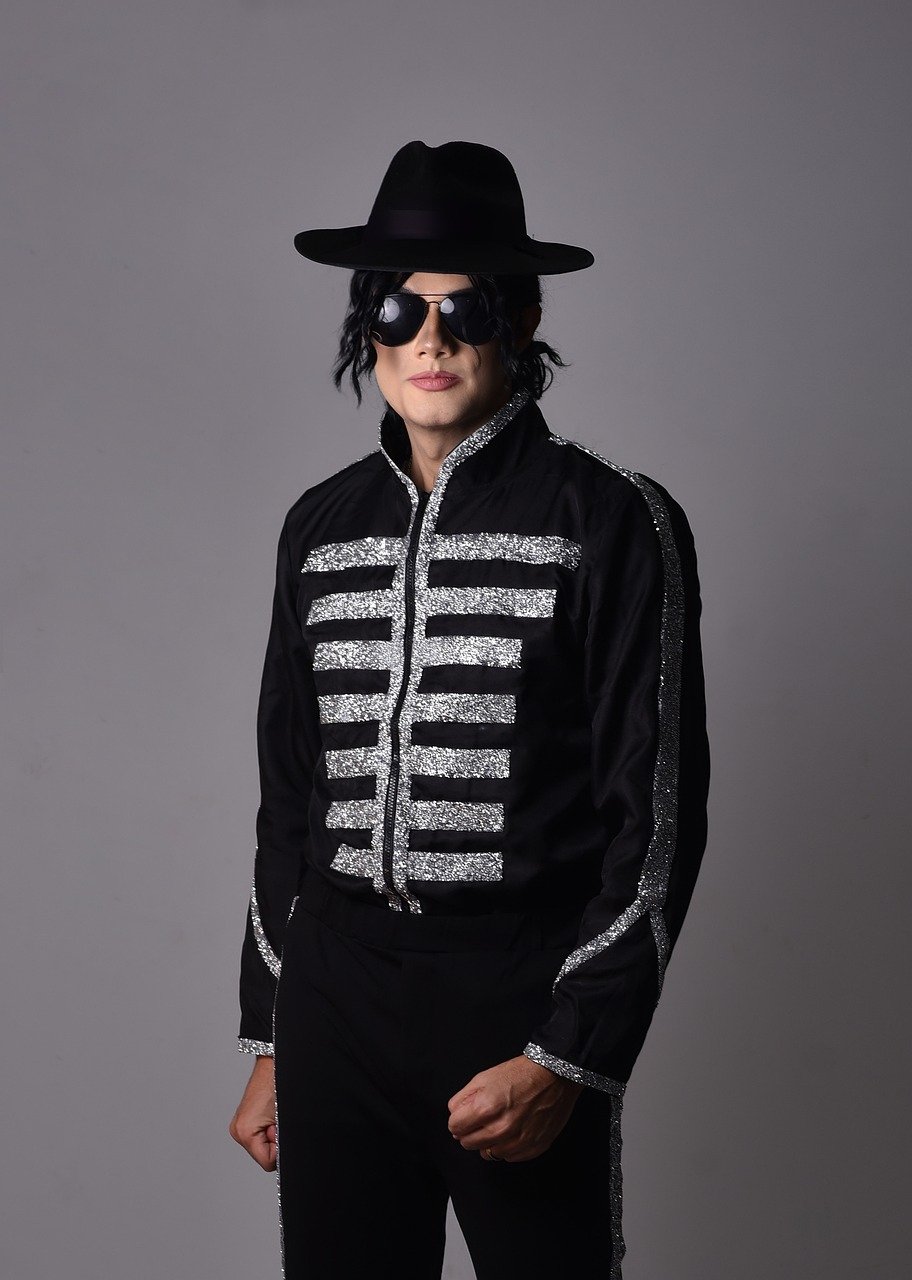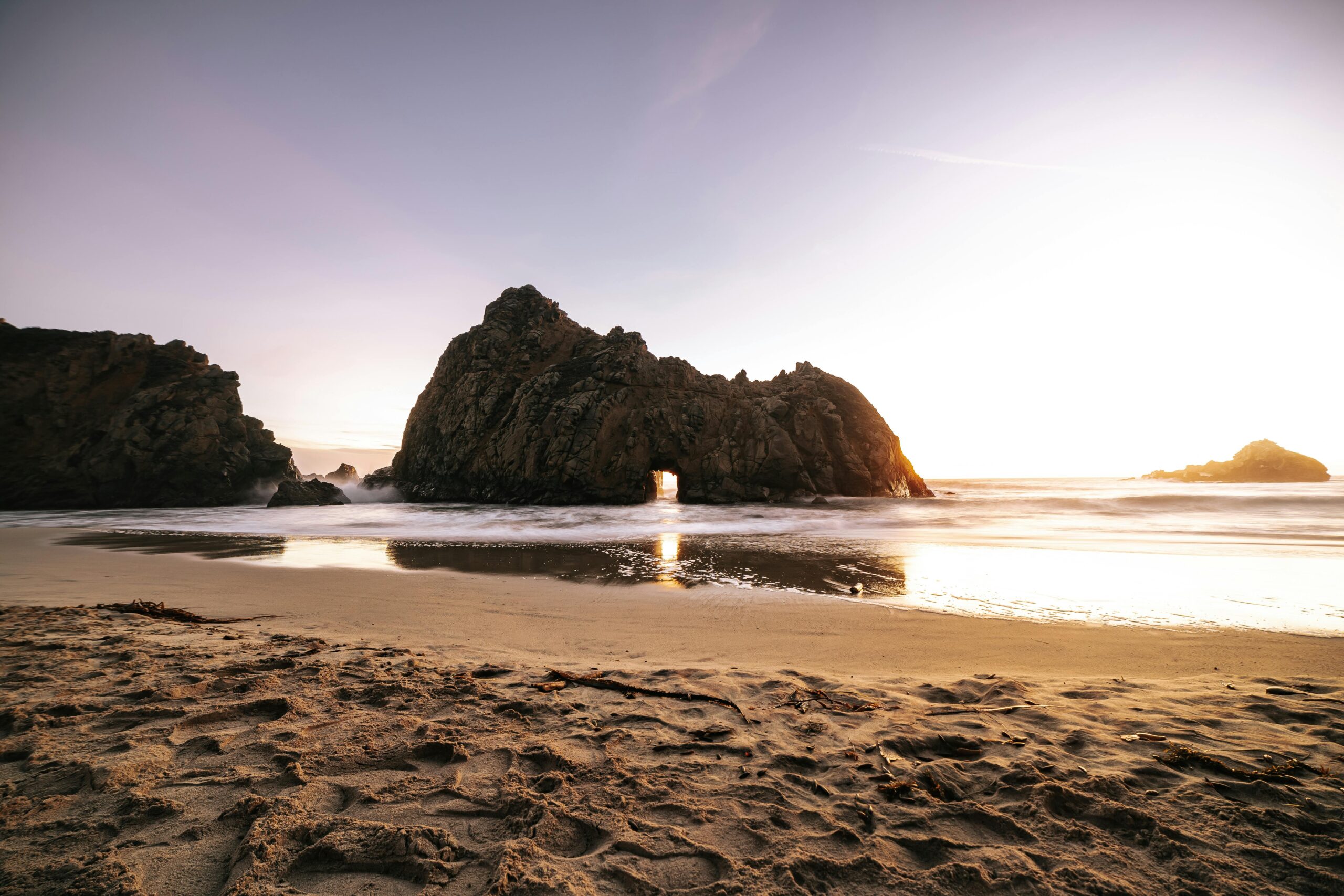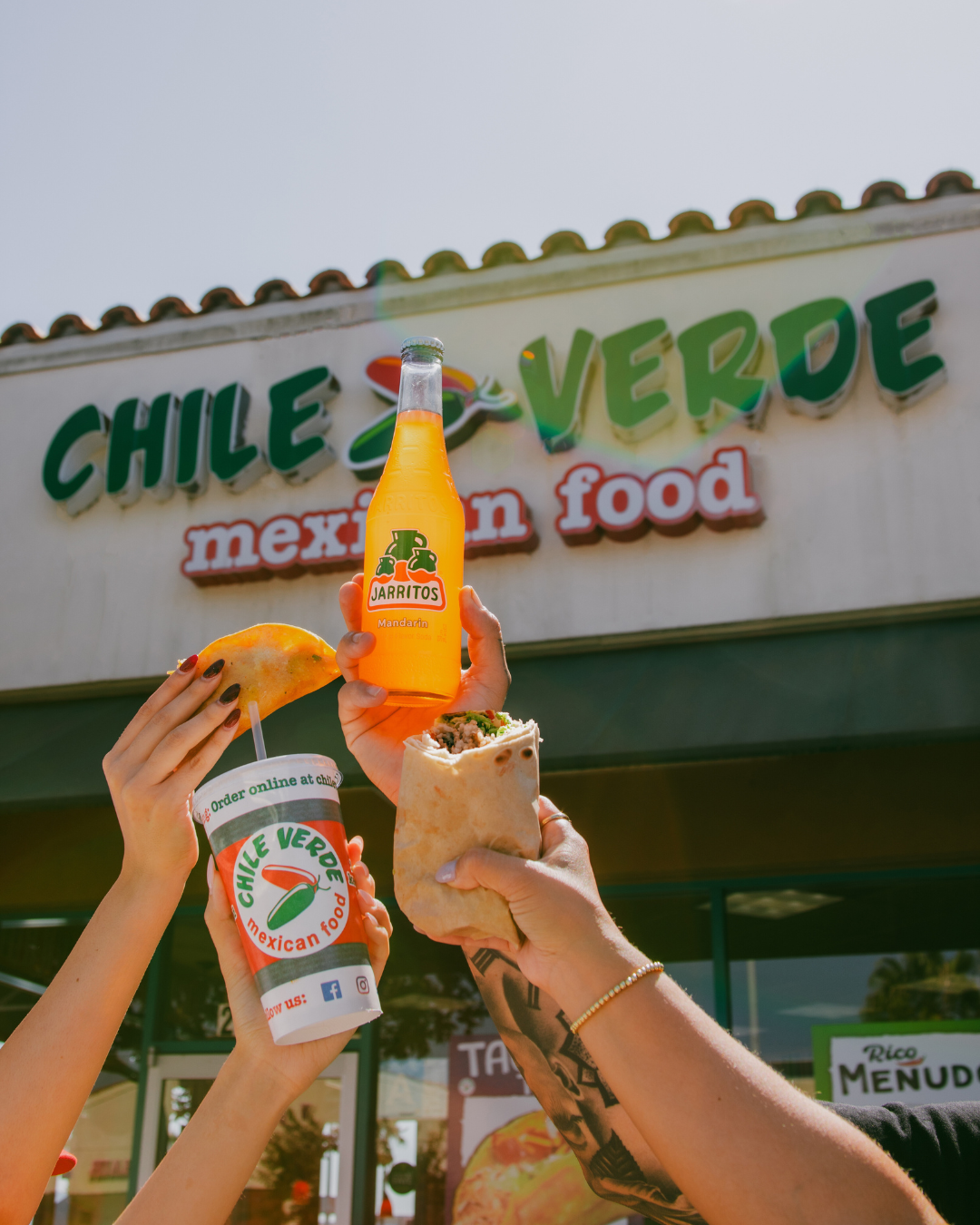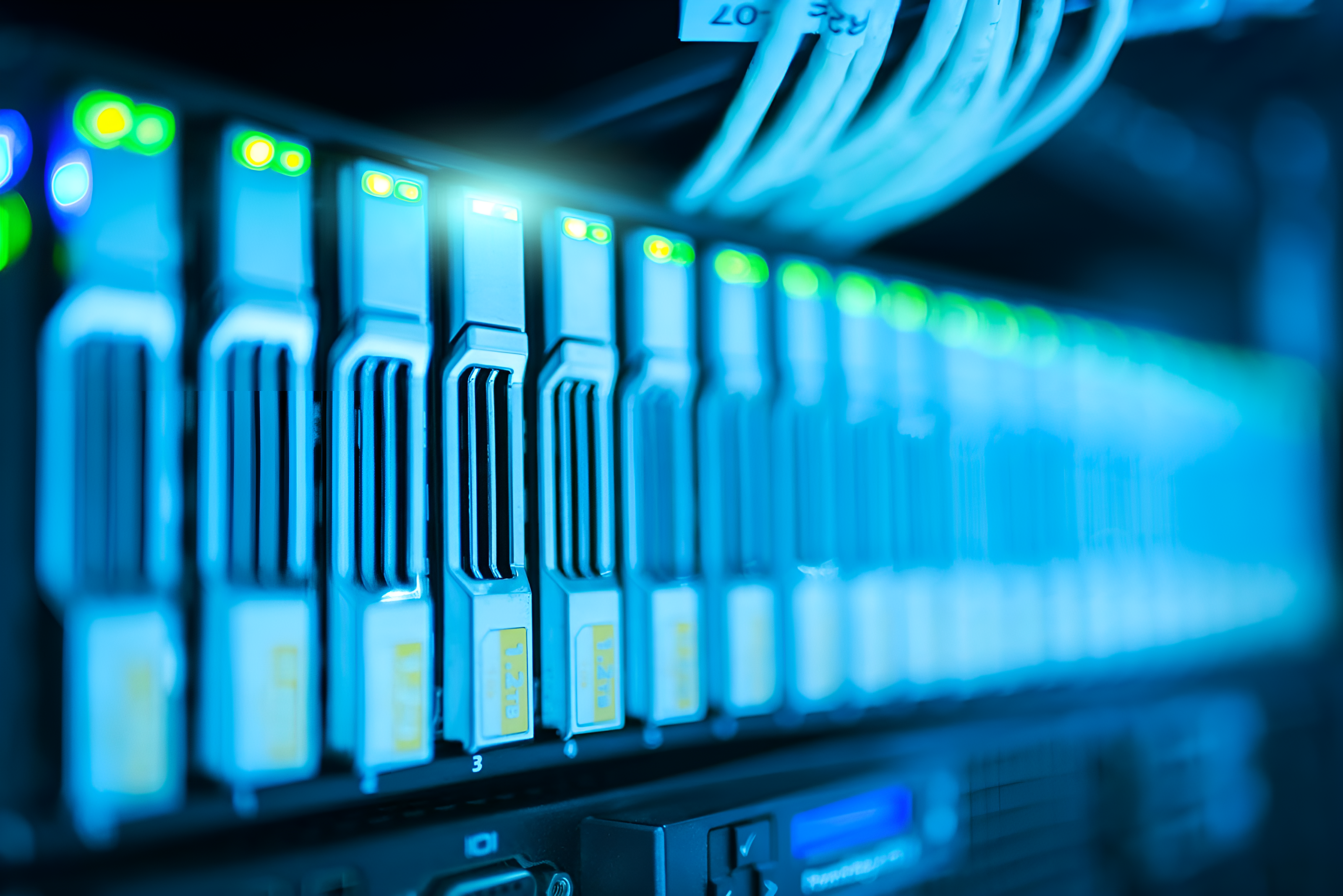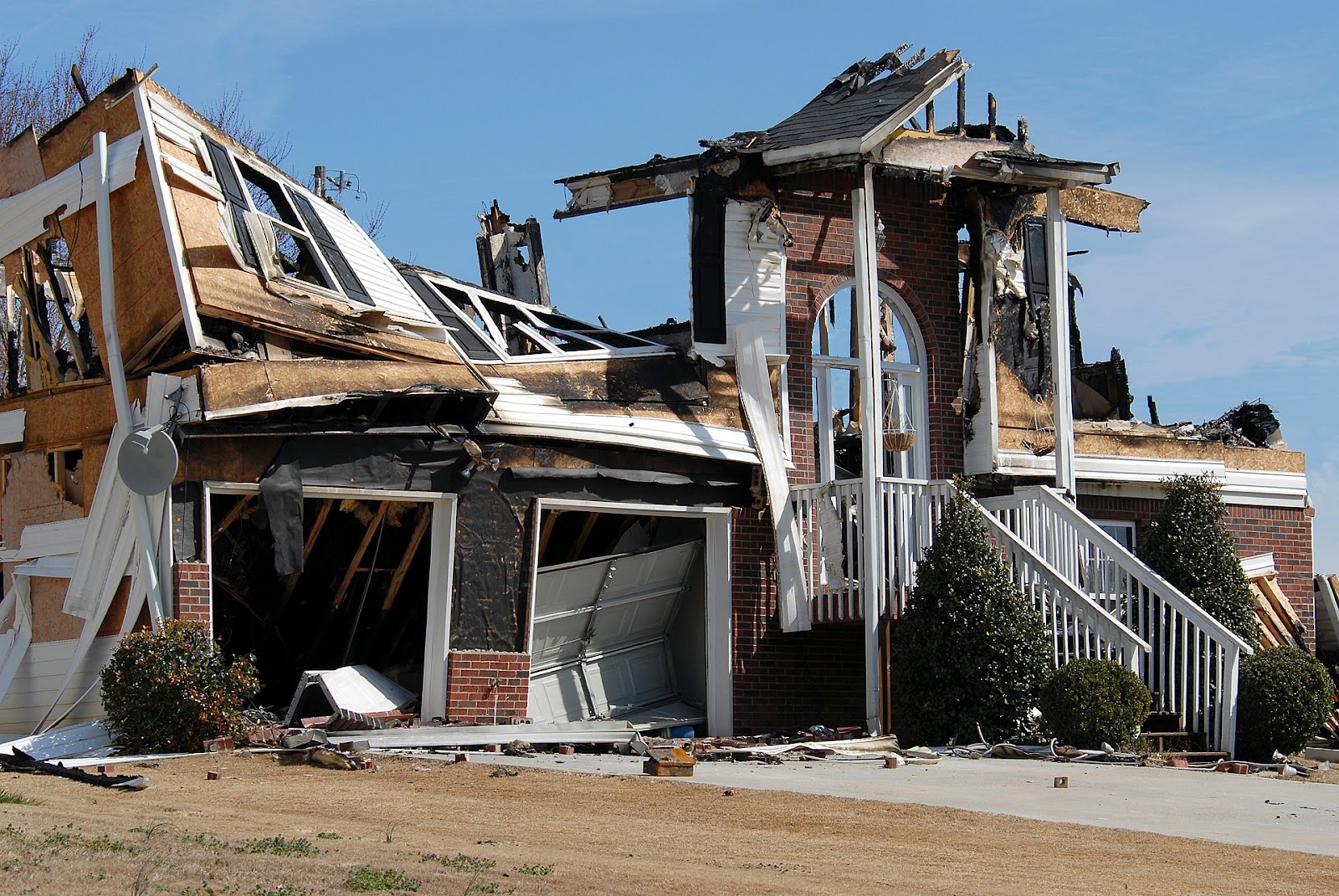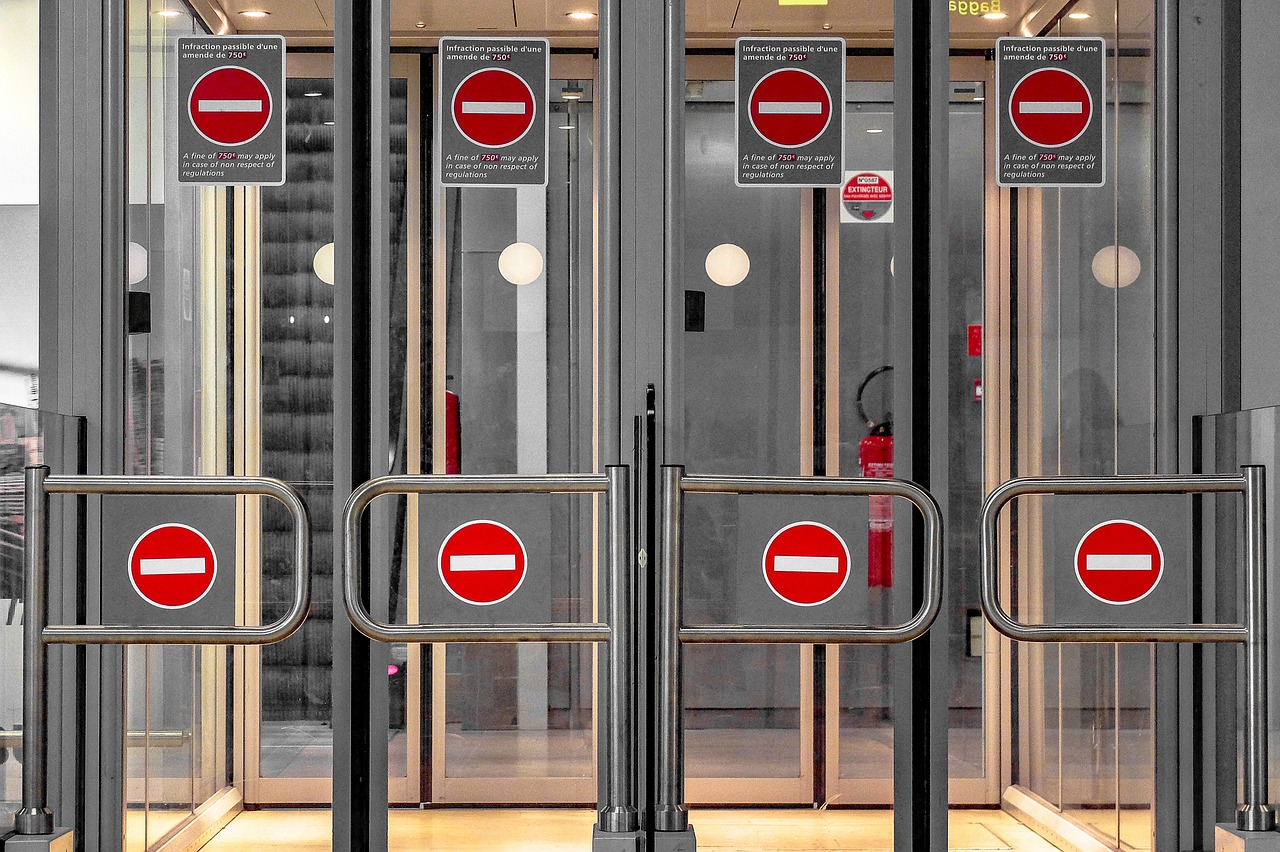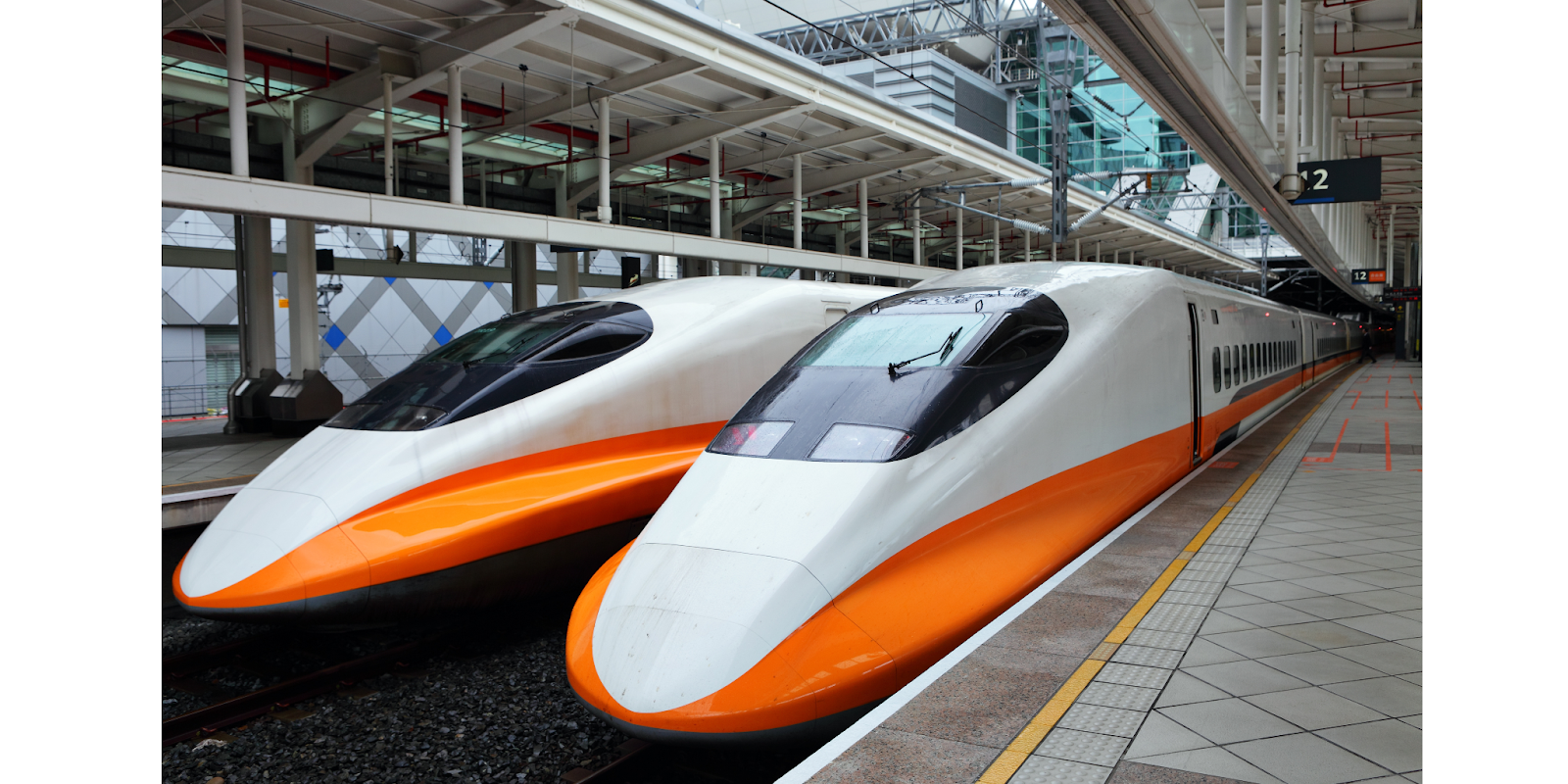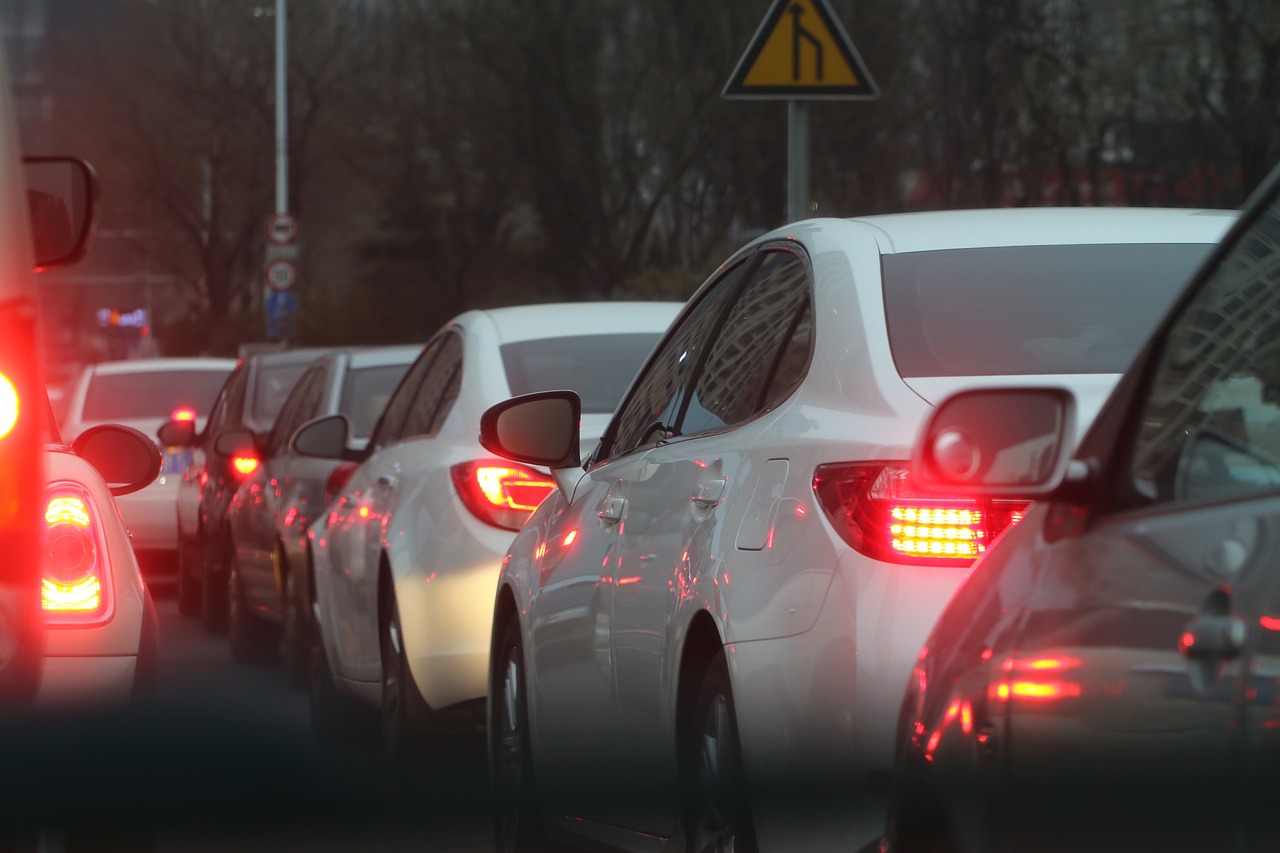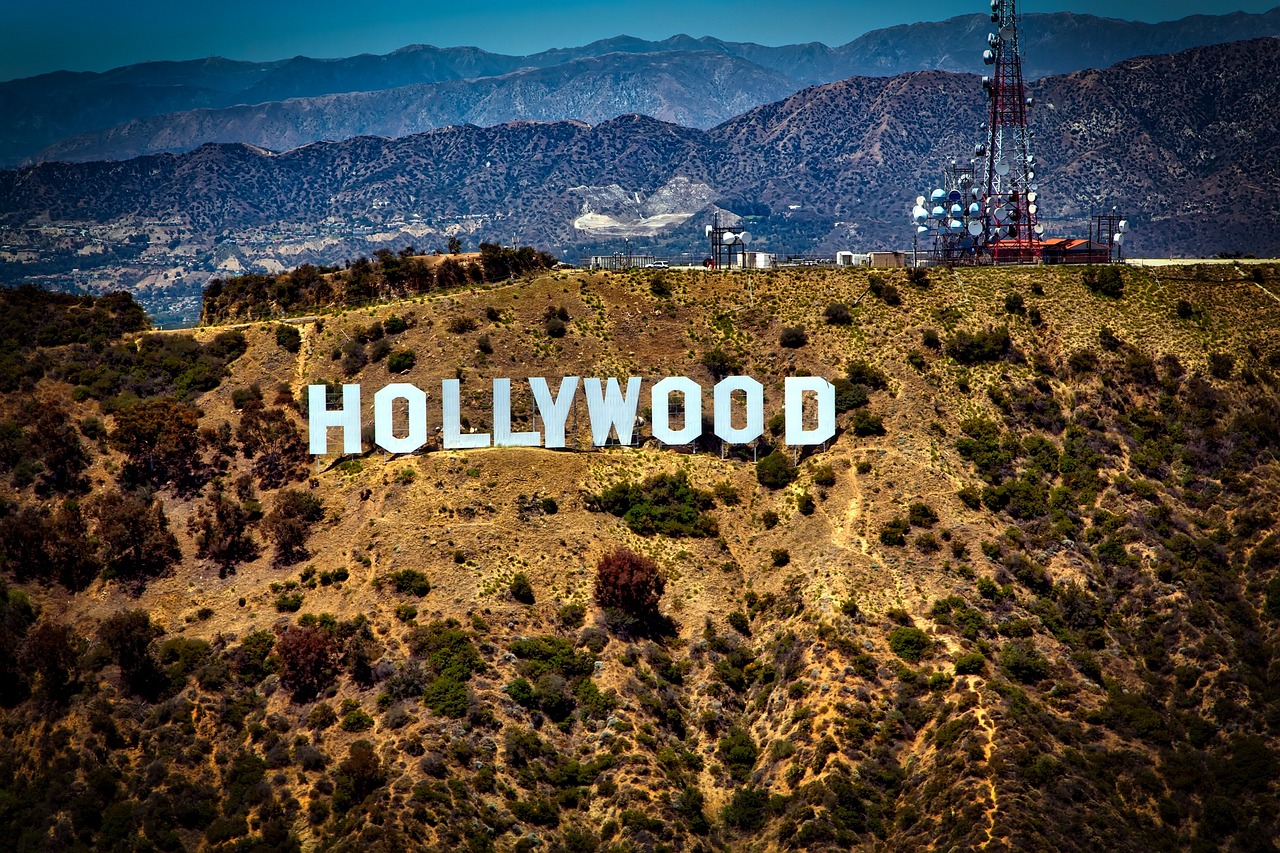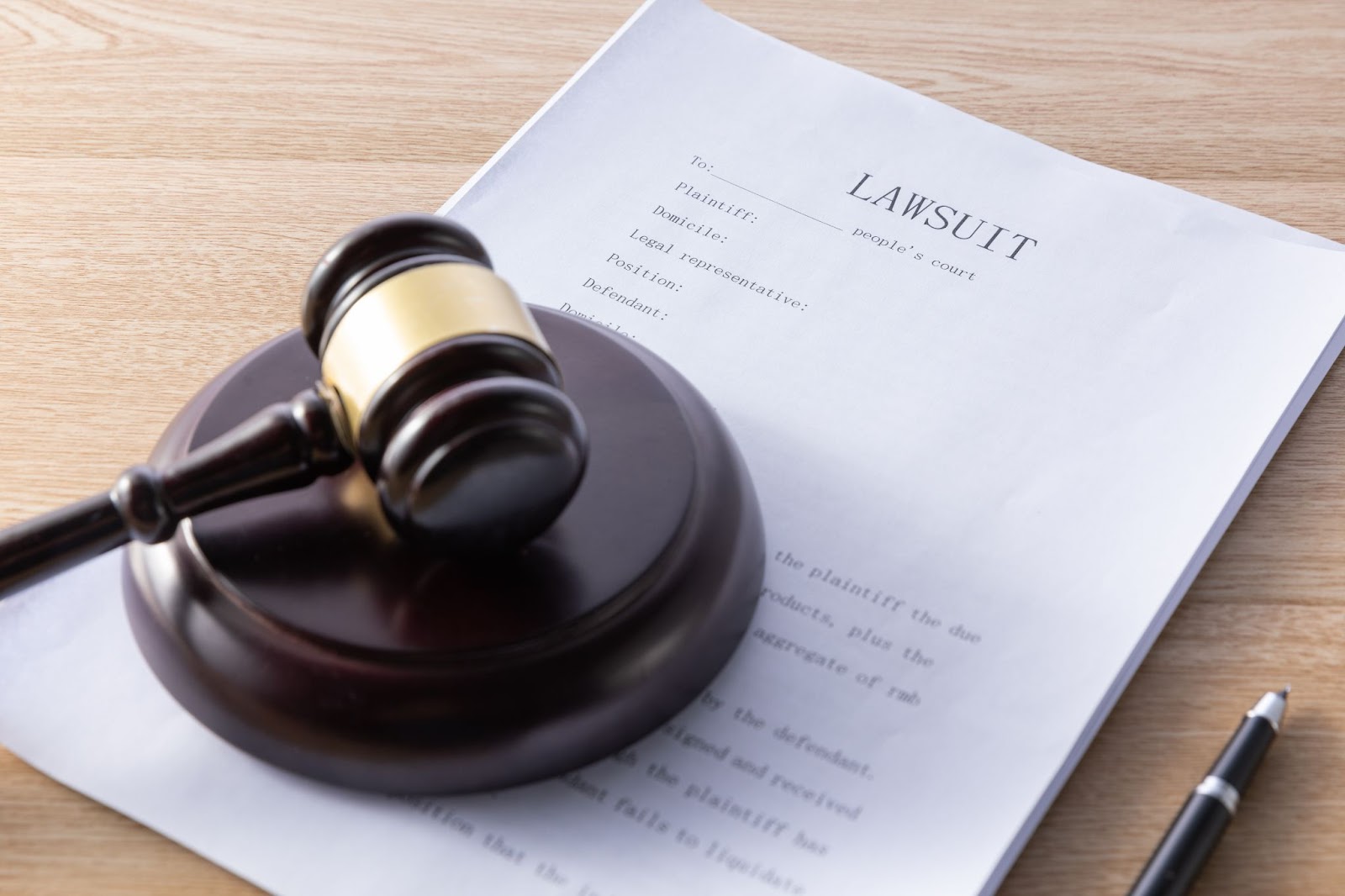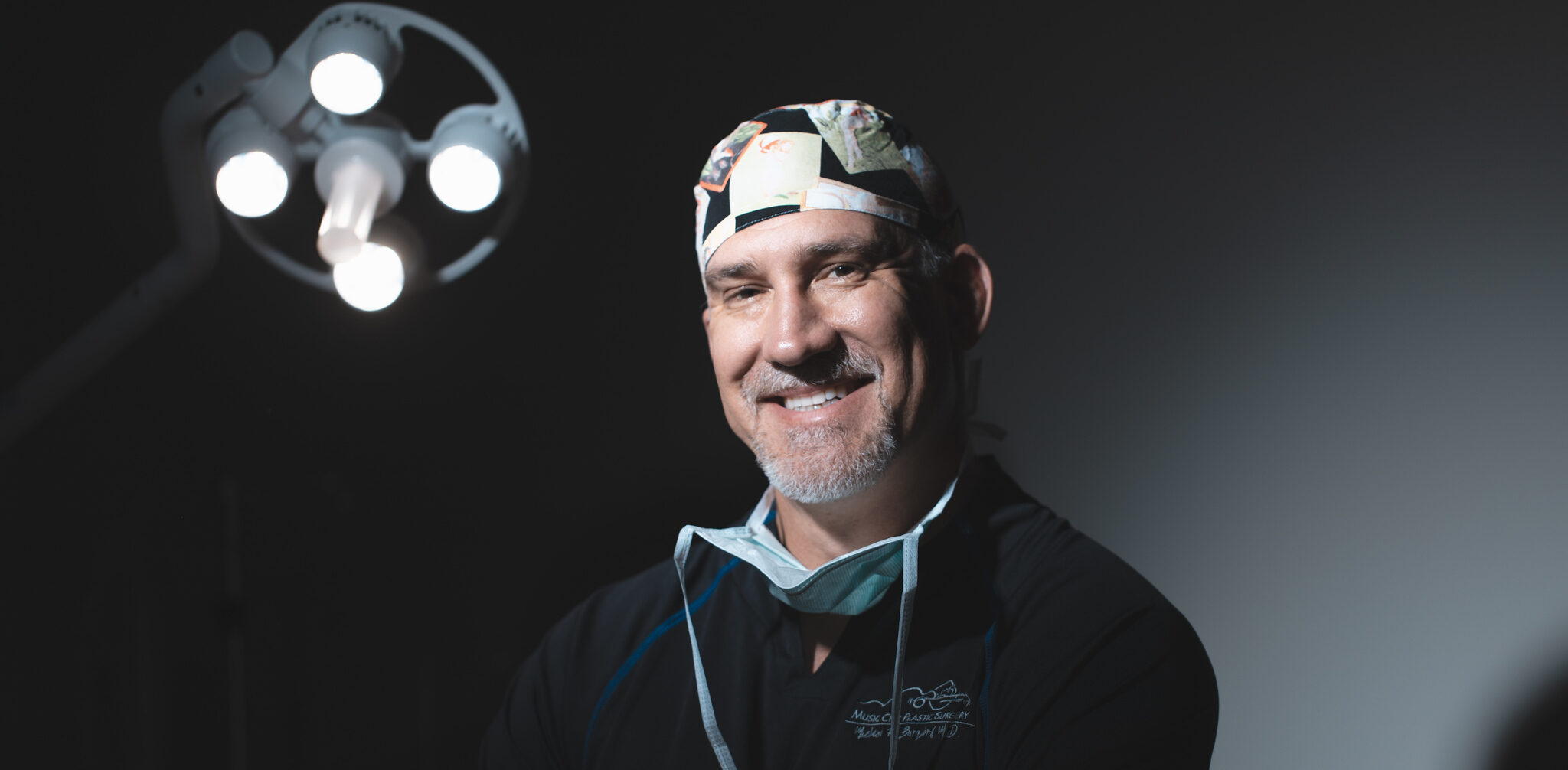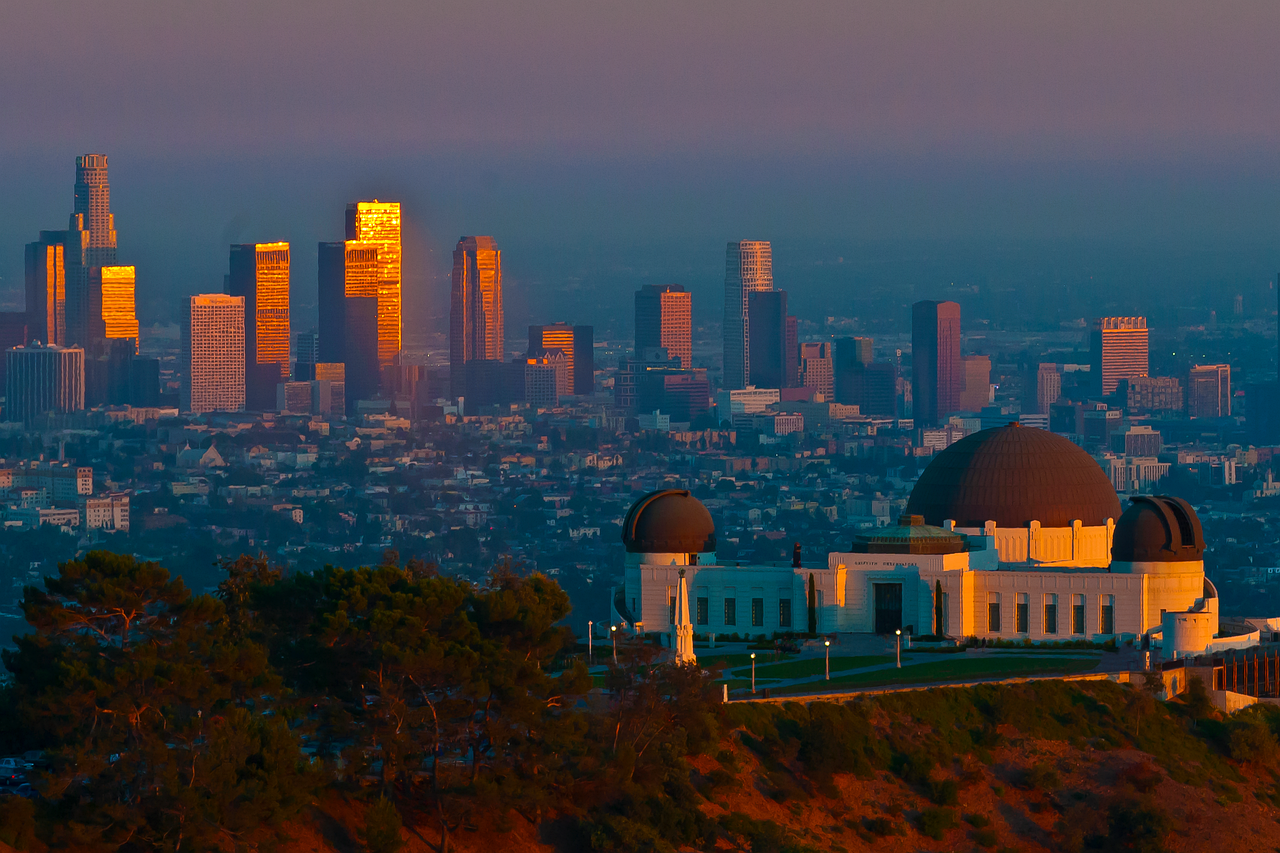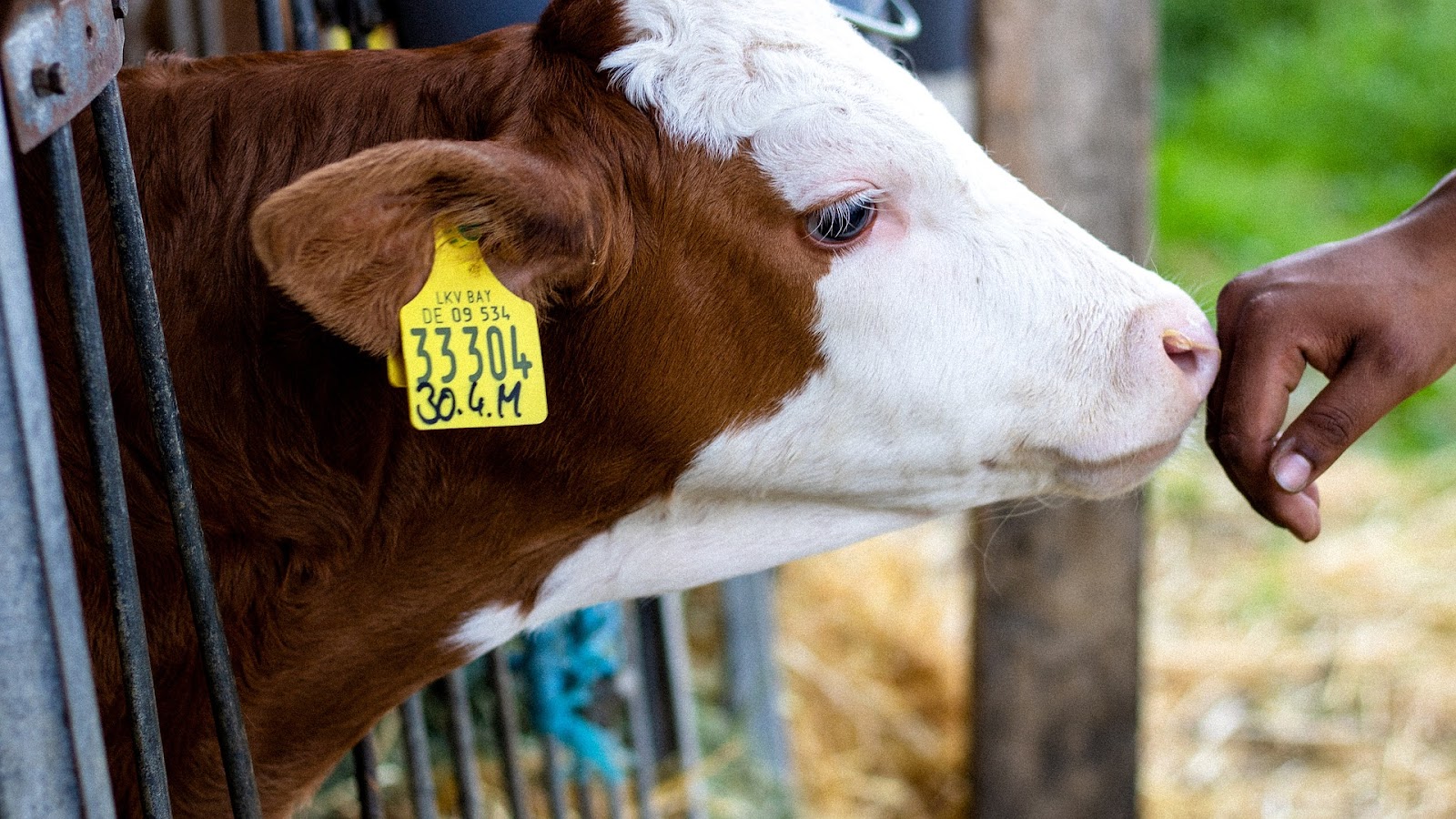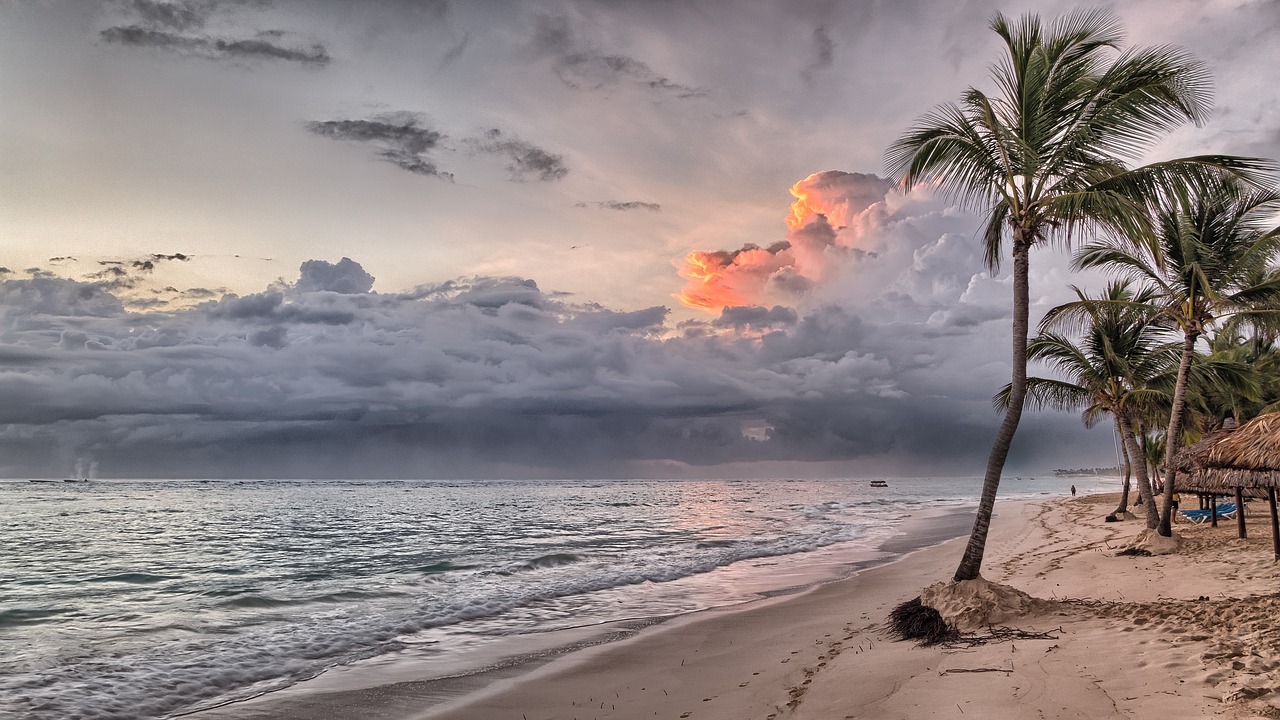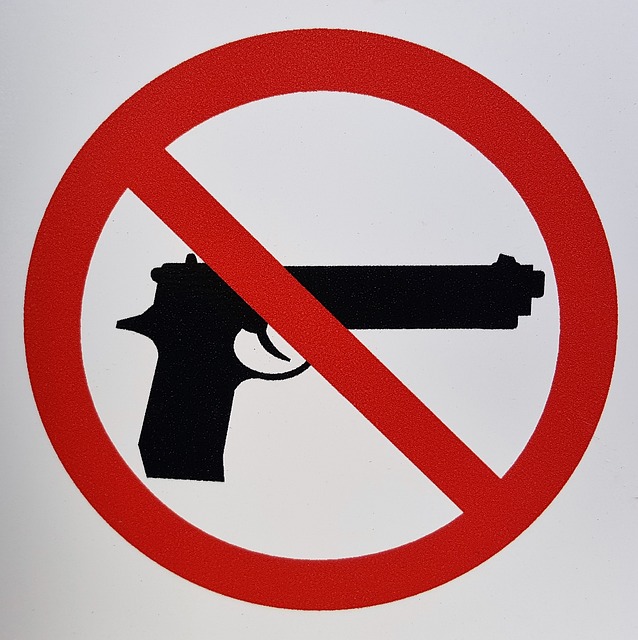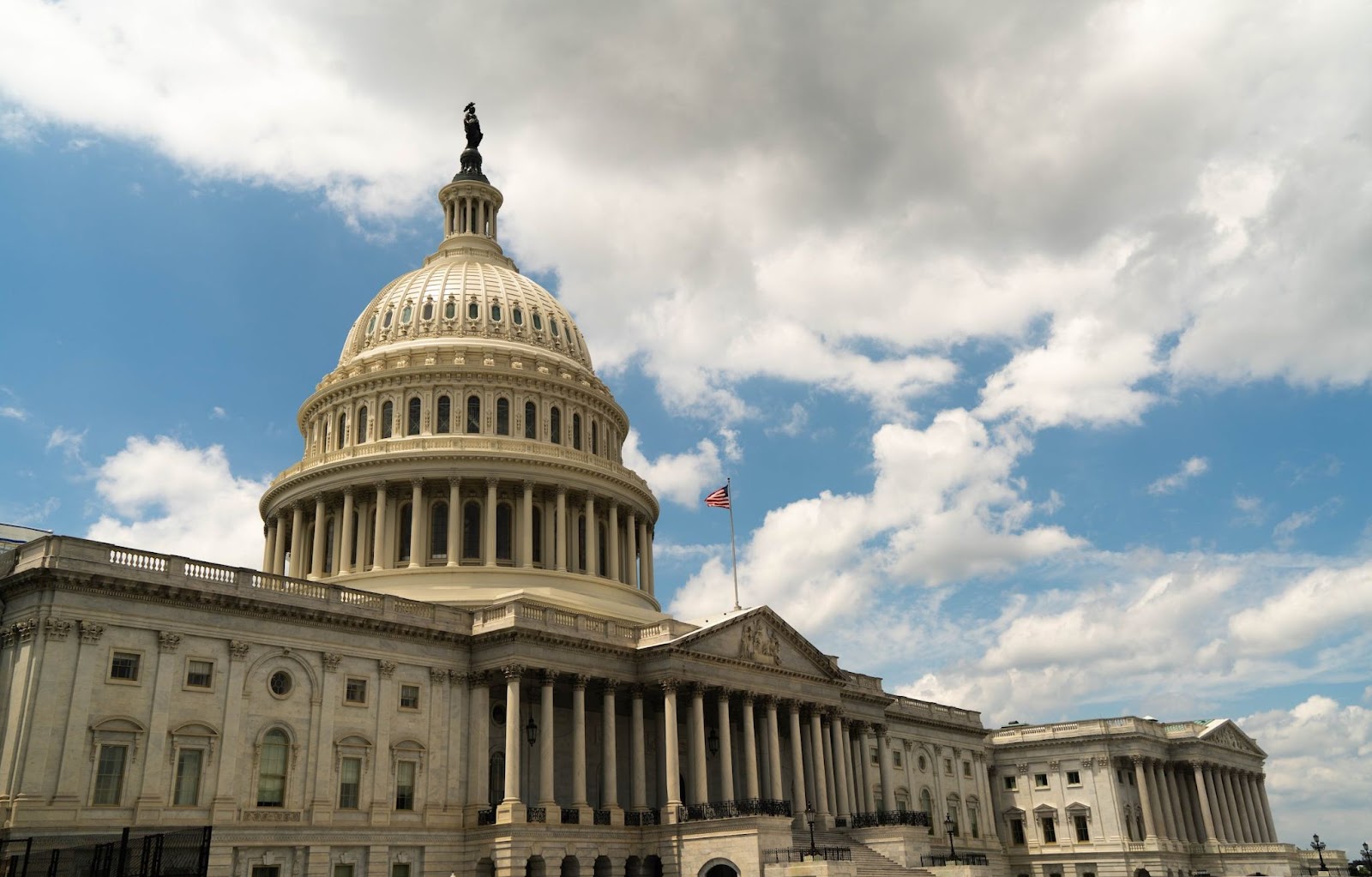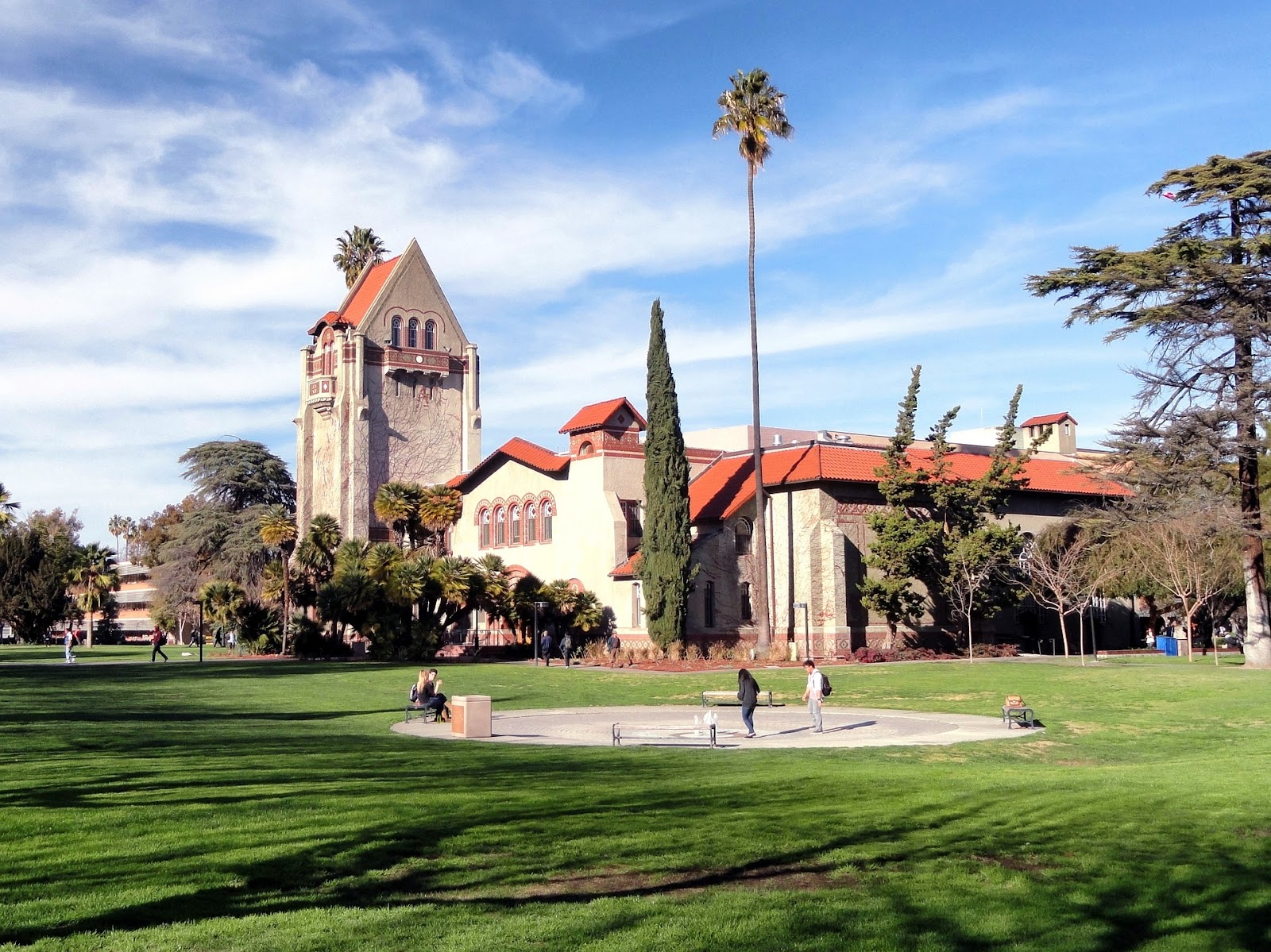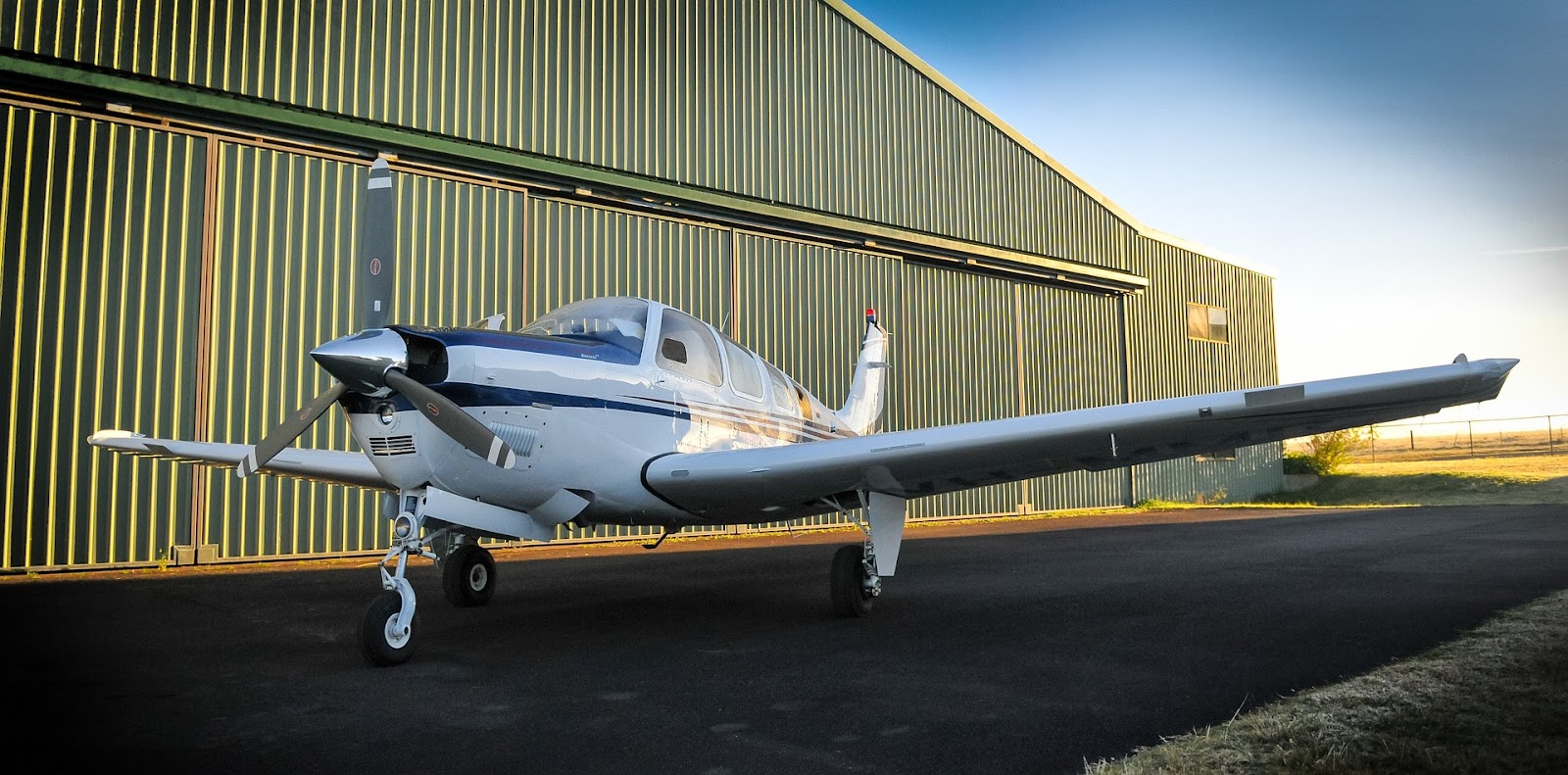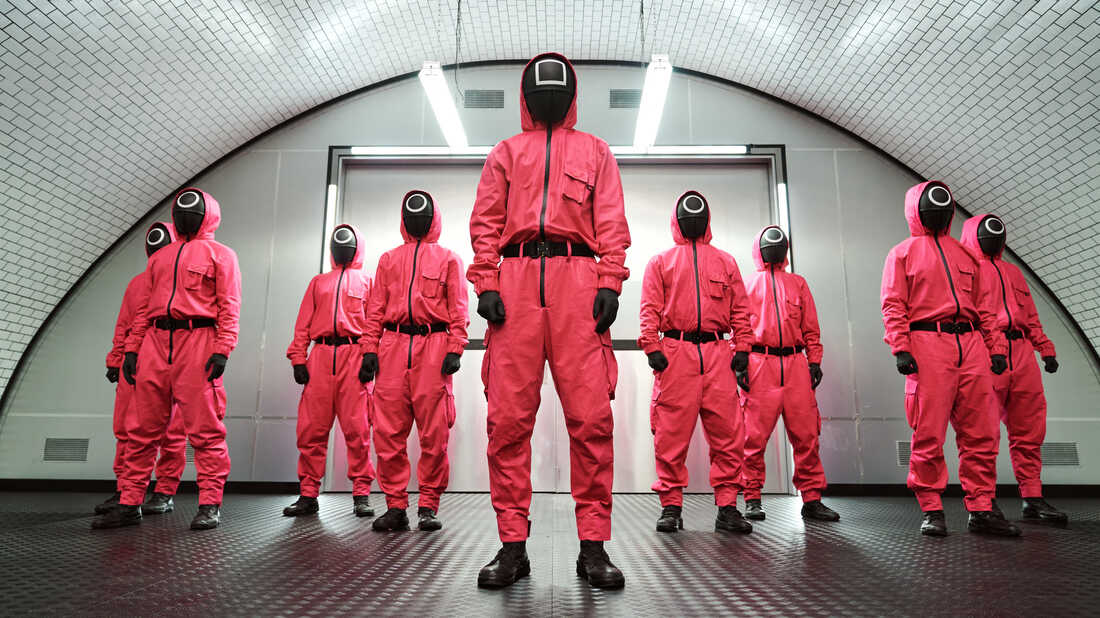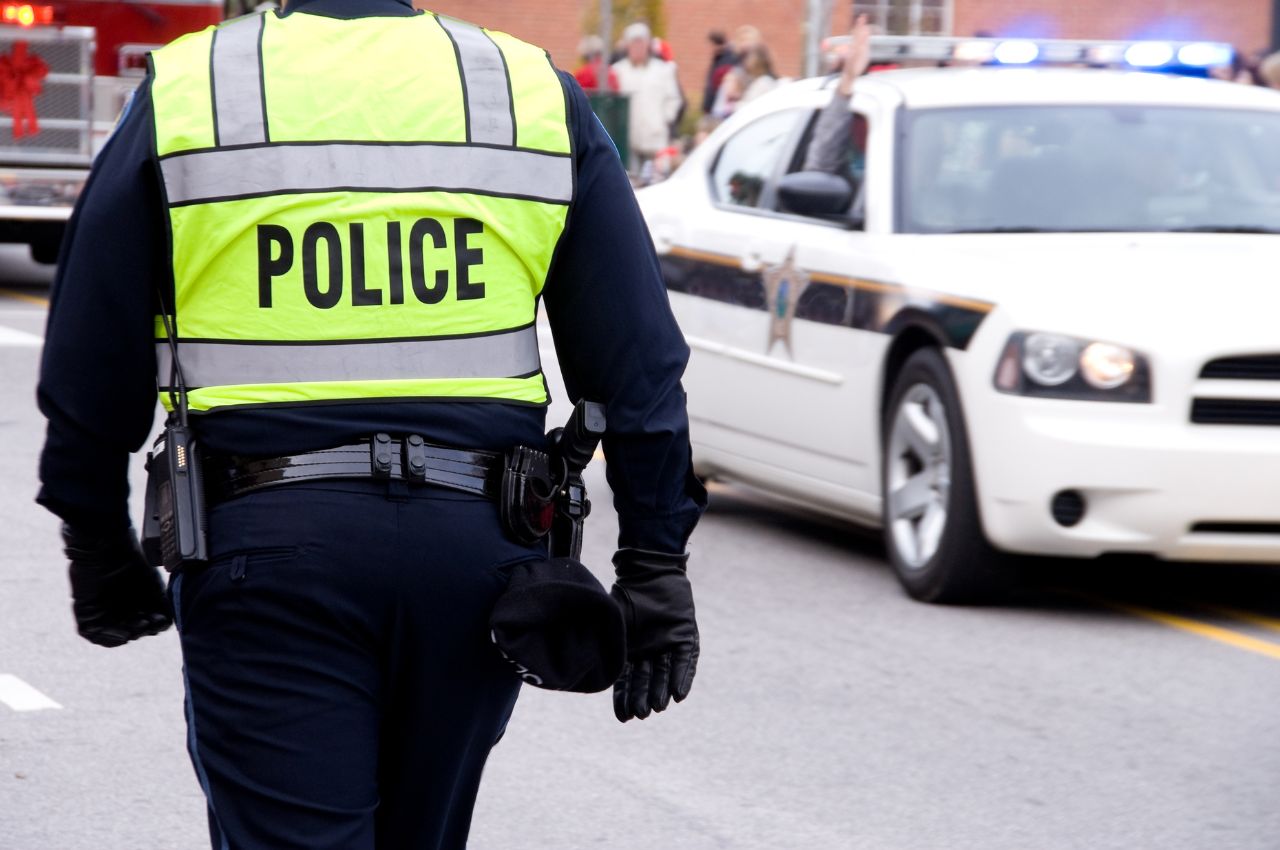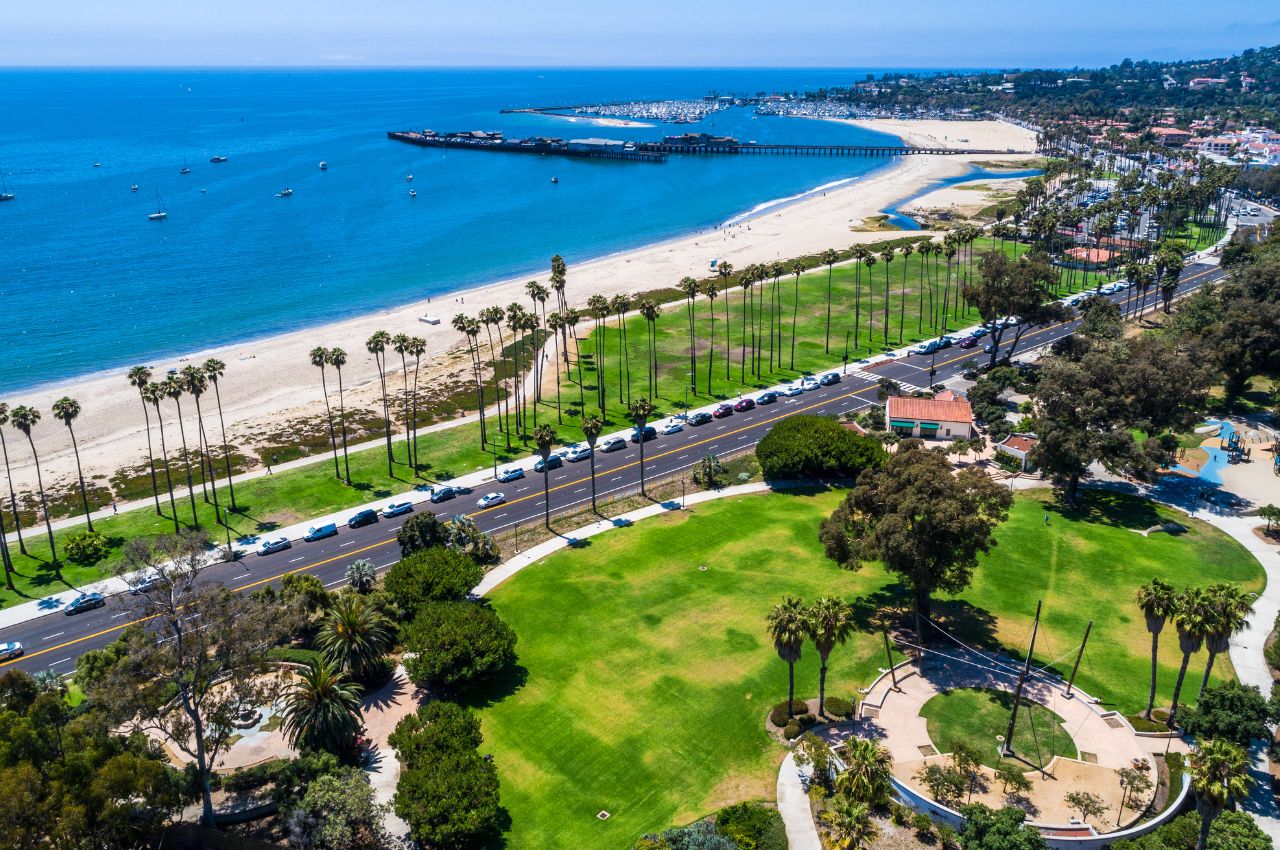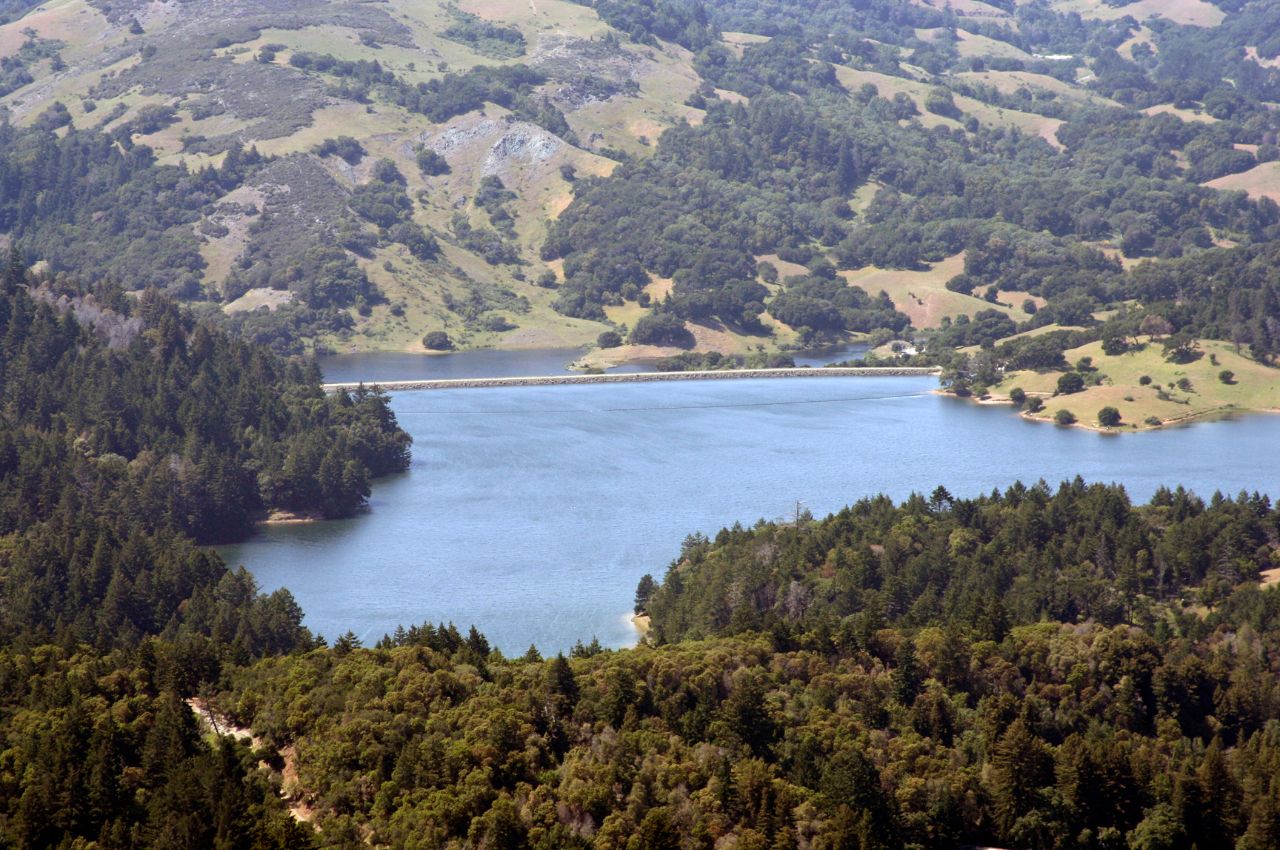California officials are celebrating a significant milestone in electric vehicles (EVs). State officials accomplished an ambitious goal of installing 10,000 fast chargers for EVs more than a year ahead of schedule. This beyond-expectation achievement was celebrated in the parking lot at the El Mercado Plaza Shopping Center in Union City of the Golden State. The venue has state-of-the-art EVgo direct current fast chargers the state recently installed. This achievement marks a pivotal moment in Governor Jerry Brown’s vision set in 2018, with an incredible surge in fast chargers surging from 2,657 to over 10,000 today.
At the celebration, California Energy Commission (CEC) Commissioner Patty Monahan highlighted the significance of this achievement, stating, “We’re close to this inflection point when it comes to electric transportation. We’re seeing automakers step up and provide the vehicles, and now we need to ensure charging infrastructure is available to meet demand.” Fast chargers can recharge an all-battery EV to 80 percent in 30 minutes, which can be a game changer for EV drivers traversing the state.
The event witnessed notable speakers like California State Assemblymember Liz Ortega, Astrid Scott, District Director of California State Senator Aisha Wahab, Union City Mayor Carol Dutra-Vernaci, Chair Liane M. Randolph of the California Air Resources Board, Gia Vacin, Deputy Director of Zero-Emission Vehicle (ZEV) Market Development from the Governor’s Office of Business and Economic Development, and Catherine Zoi, CEO of EVgo. Representatives from the California Electric Transportation Coalition, the Center for Sustainable Energy, East Bay Community Energy, and Pacific Gas & Electric also graced the event.
Emphasizing the importance of inclusivity in this charging infrastructure, Chair Randolph stated, “It is so critically important that this infrastructure is for all communities in California so all residents have the opportunity to experience zero-emission transportation.”

The CEC played a crucial role in expanding the EV charging network, a vital step in California’s goal to phase out the sale of gasoline-powered vehicles by 2035. Its Clean Transportation Program invested heavily in projects accelerating the development and deployment of advanced transportation and fuel technologies. A bill recently passed by Assemblymember Eloise Gómez Reyes and Senator Lena Gonzalez ensures continued funding for another decade.
Commissioner Monahan elaborated, “Last year, we approved a $2.9 billion investment plan, with 95% of the money going toward infrastructure for zero-emission vehicles. In the draft the CEC released recently, we are maintaining that level of investment. This is the most money any state has ever allocated for zero-emission vehicle infrastructure.” This is also boosting California’s climate goals of reducing petroleum dependency and promoting the adoption of ZEVs while also fortifying long-term economic development.
One of the flagship initiatives of the Clean Transportation Program is the California Electric Vehicle Infrastructure Project (CALeVIP), the nation’s largest EV charging incentive initiative. Since 2017, CALeVIP has allocated more than $223 million to fund publicly available Level 2 and DC fast chargers throughout California.
Highlighting California’s leadership role in the EV charging landscape, Catherine Zoi, the CEO of EVgo, stated, “Right now, in America, there are just over 30,000 fast chargers in the whole country. California has [built] about a third of them. California is always leading the way on climate, leading the way on the environment and public health, and leading the way on creating jobs for a sustainable economy.”
With a funding of $38 million, CALeVIP’s second phase is promoting equitable EV charging stations in underprivileged communities across 28 California counties. CALeVIP, as a part of the California Energy Commission’s efforts, established a vast network of convenient, fast chargers across the state, making it the largest network of EV chargers in the US. This milestone has empowered California to step into a more sustainable, electrified transportation future of 100 percent clean energy.







